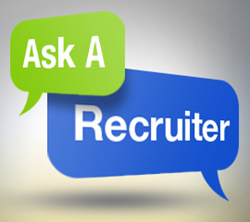Here at Job Journey we want you to get the job you want.

That’s why we write about online job searching, interviews, and all that good stuff.
But it can be kind of hard to figure out where all those juicy brain-boosting articles are. They’re spread out—some are old and some are new.
So, we’ve decided to write periodic posts that put the articles you want in one place.
Today’s theme? Interviews.





